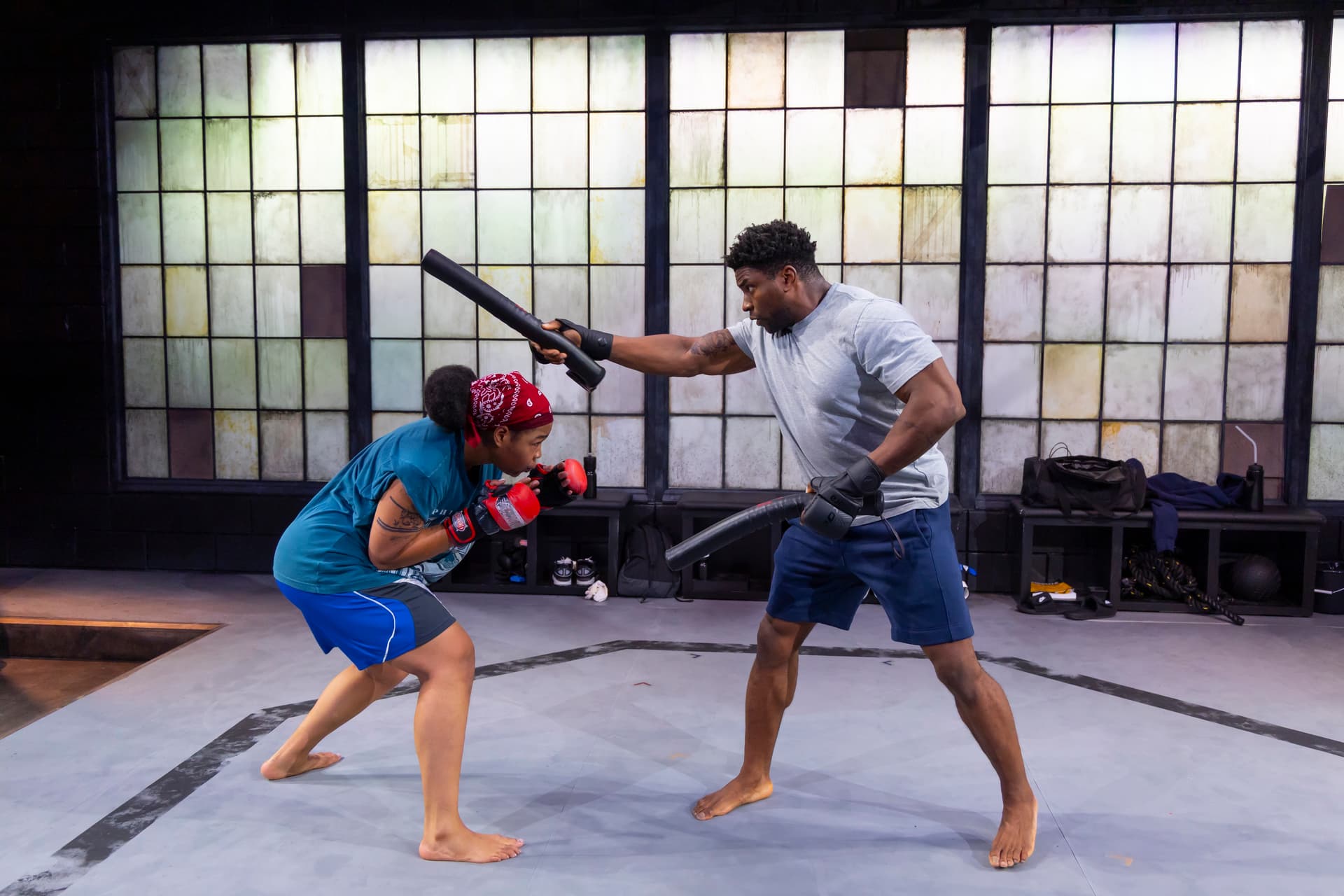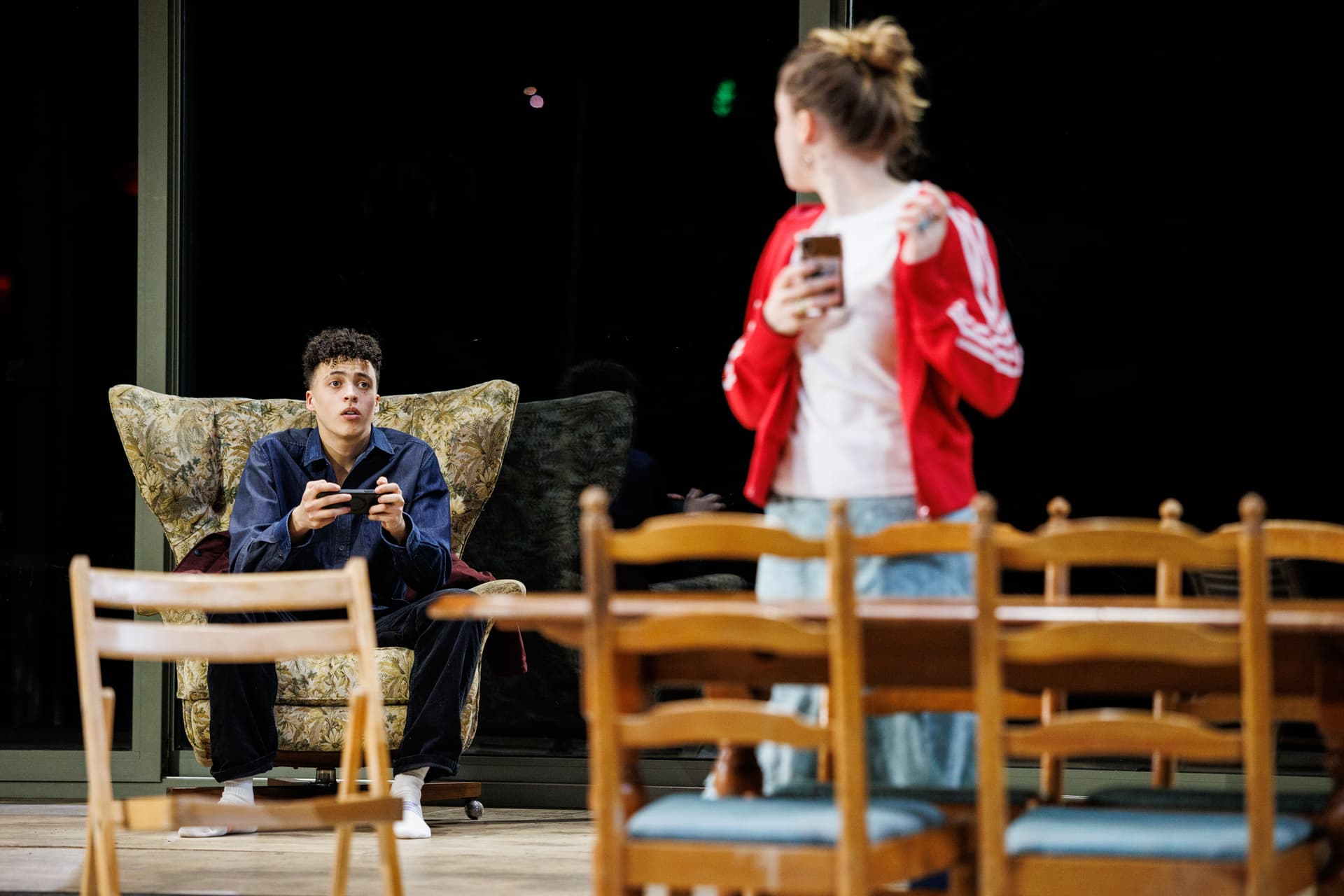
Love and Resilience Derived From ‘Monsters’ and Martial Arts
By ELYSA GARDNER
|This article is from the archive of The New York Sun before the launch of its new website in 2022. The Sun has neither altered nor updated such articles but will seek to correct any errors, mis-categorizations or other problems introduced during transfer.

Already have a subscription? Sign in to continue reading
$0.01/day for 60 days
Cancel anytime
By continuing you agree to our Privacy Policy and Terms of Service.

By ELYSA GARDNER
|
By ELYSA GARDNER
|
By NOVI ZHUKOVSKY
|
By LUKE FUNK
|
By LAWRENCE KUDLOW
|
By JOSEPH CURL
|
By THE NEW YORK SUN
|
By BRADLEY CORTRIGHT
|